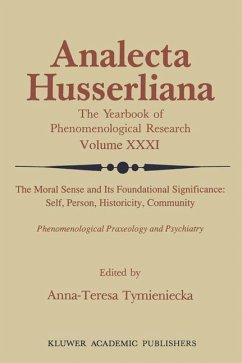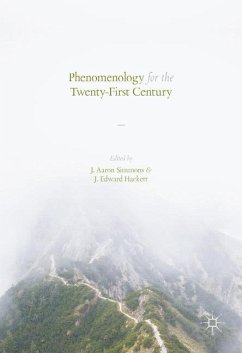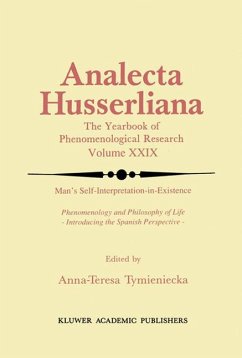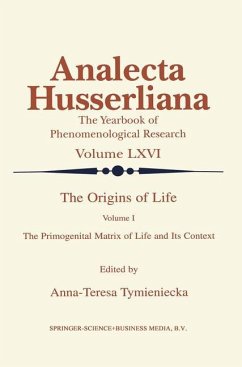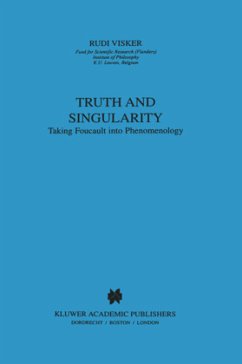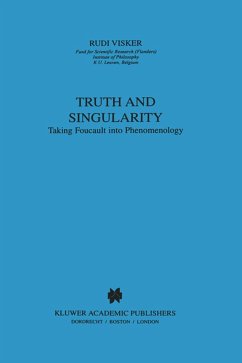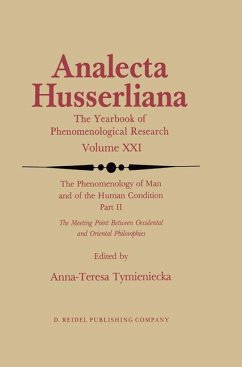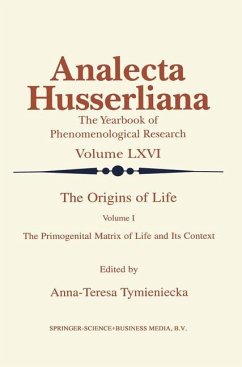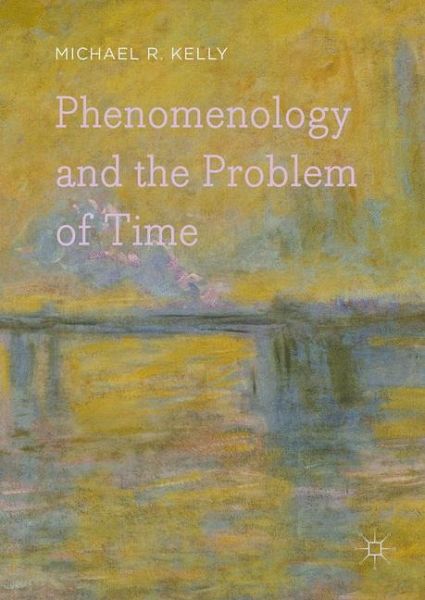
Phenomenology and the Problem of Time

PAYBACK Punkte
42 °P sammeln!
This book explores the problem of time and immanence for phenomenology in the work of Edmund Husserl, Martin Heidegger, Maurice Merleau-Ponty, and Jacques Derrida. Detailed readings of immanence in light of the more familiar problems of time-consciousness and temporality provide the framework for evaluating both Husserl's efforts to break free of modern philosophy's notions of immanence, and the influence Heidegger's criticism of Husserl exercised over Merleau-Ponty's and Derrida's alternatives to Husserl's phenomenology. Ultimately exploring various notions of intentionality, these in-depth a...
This book explores the problem of time and immanence for phenomenology in the work of Edmund Husserl, Martin Heidegger, Maurice Merleau-Ponty, and Jacques Derrida. Detailed readings of immanence in light of the more familiar problems of time-consciousness and temporality provide the framework for evaluating both Husserl's efforts to break free of modern philosophy's notions of immanence, and the influence Heidegger's criticism of Husserl exercised over Merleau-Ponty's and Derrida's alternatives to Husserl's phenomenology. Ultimately exploring various notions of intentionality, these in-depth analyses of immanence and temporality suggest a new perspective on themes central to phenomenology's development as a movement and raise for debate the question of where phenomenology begins and ends.






